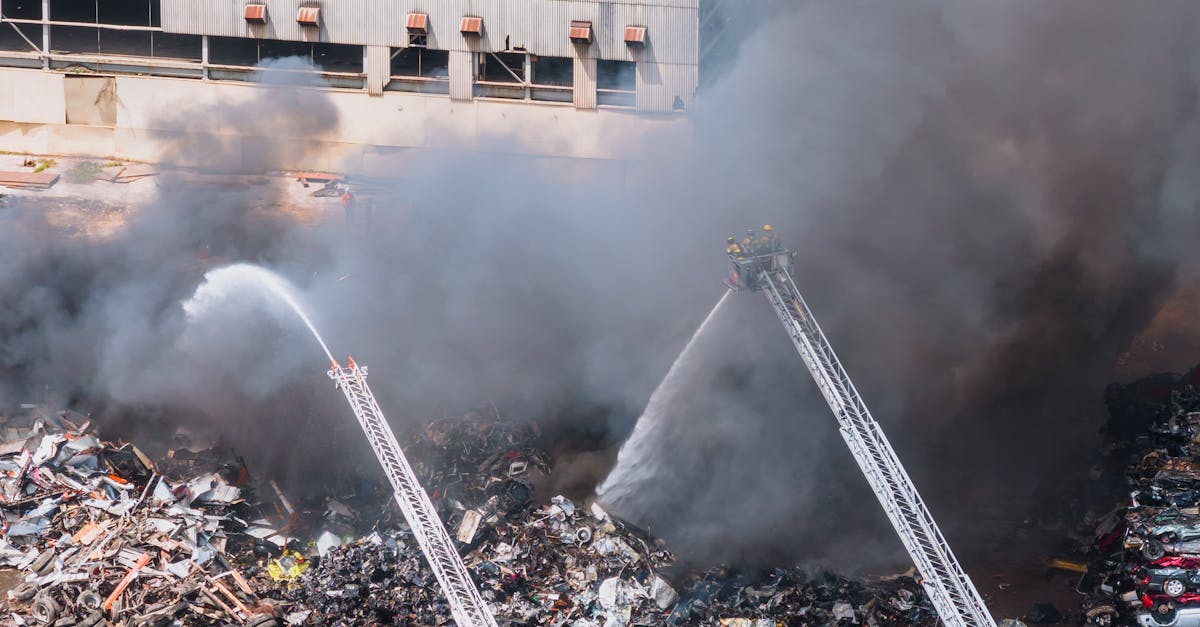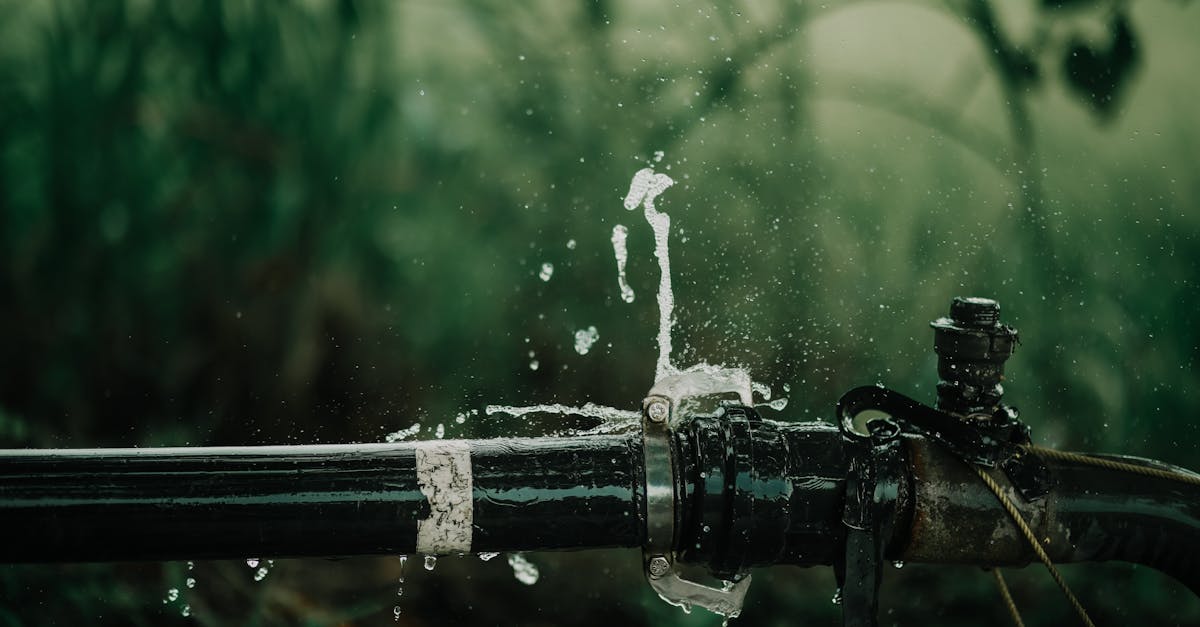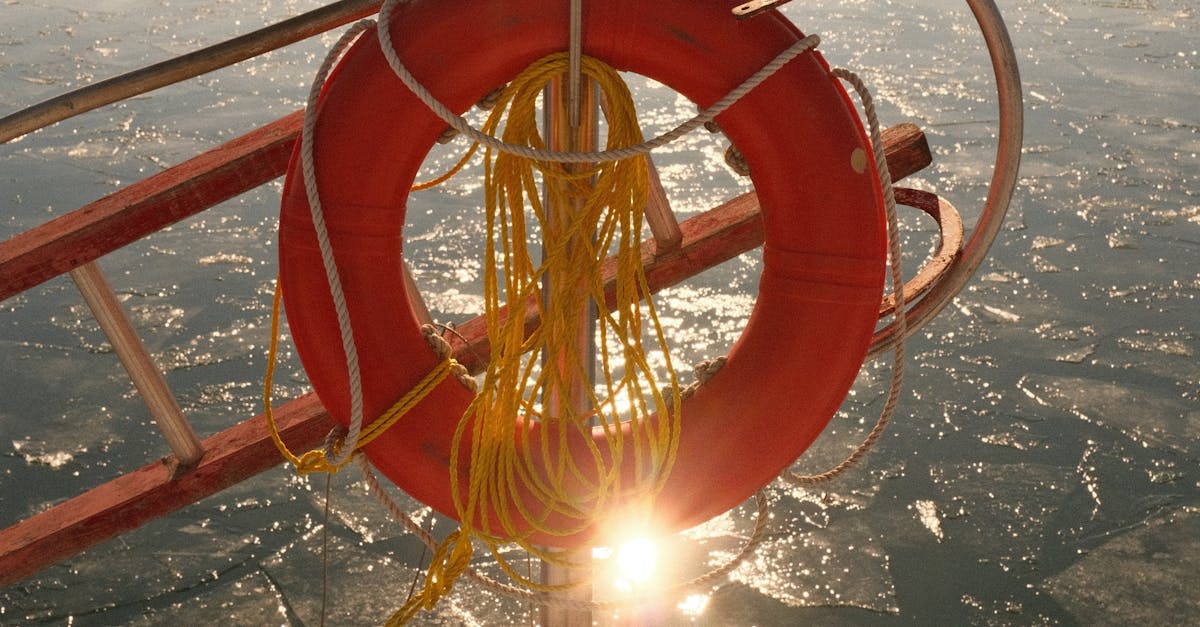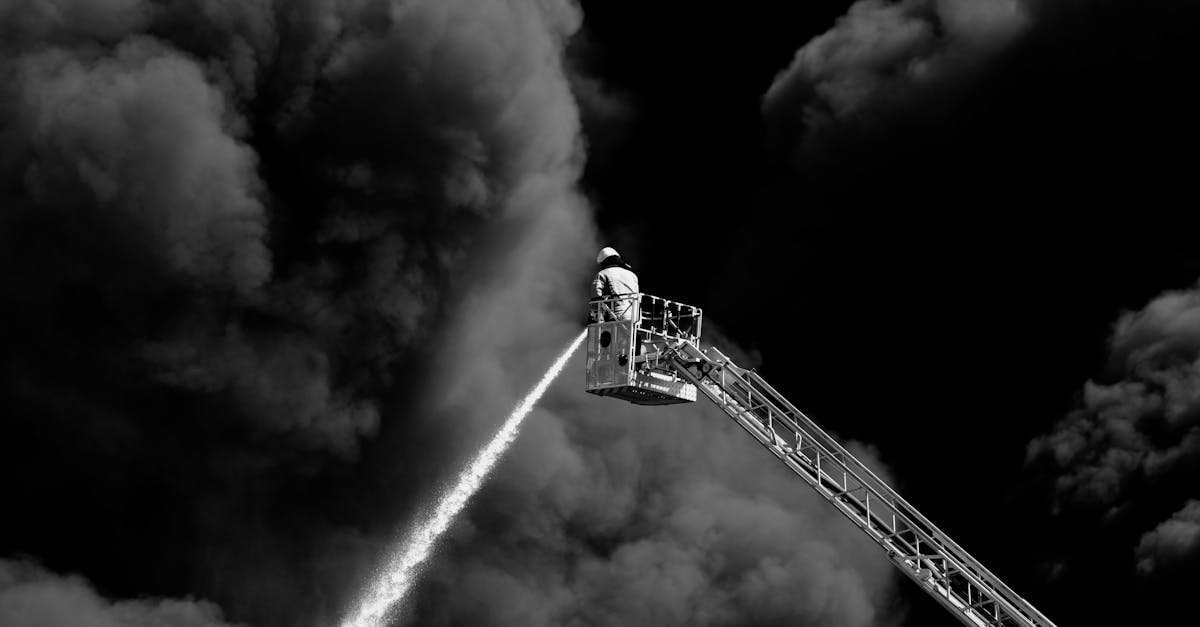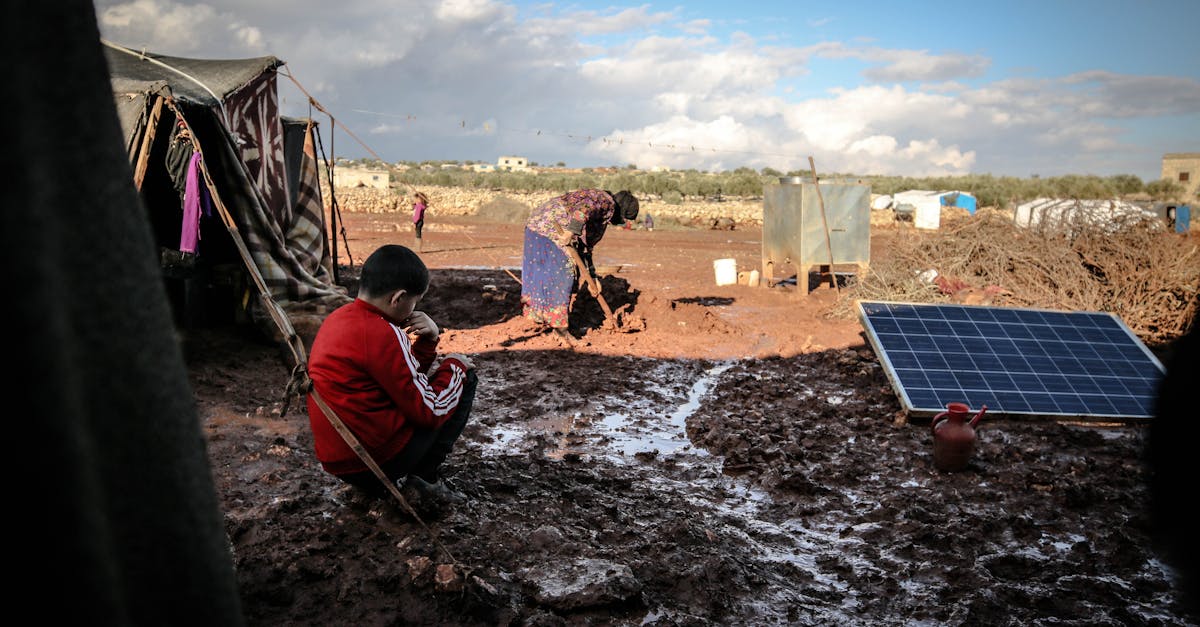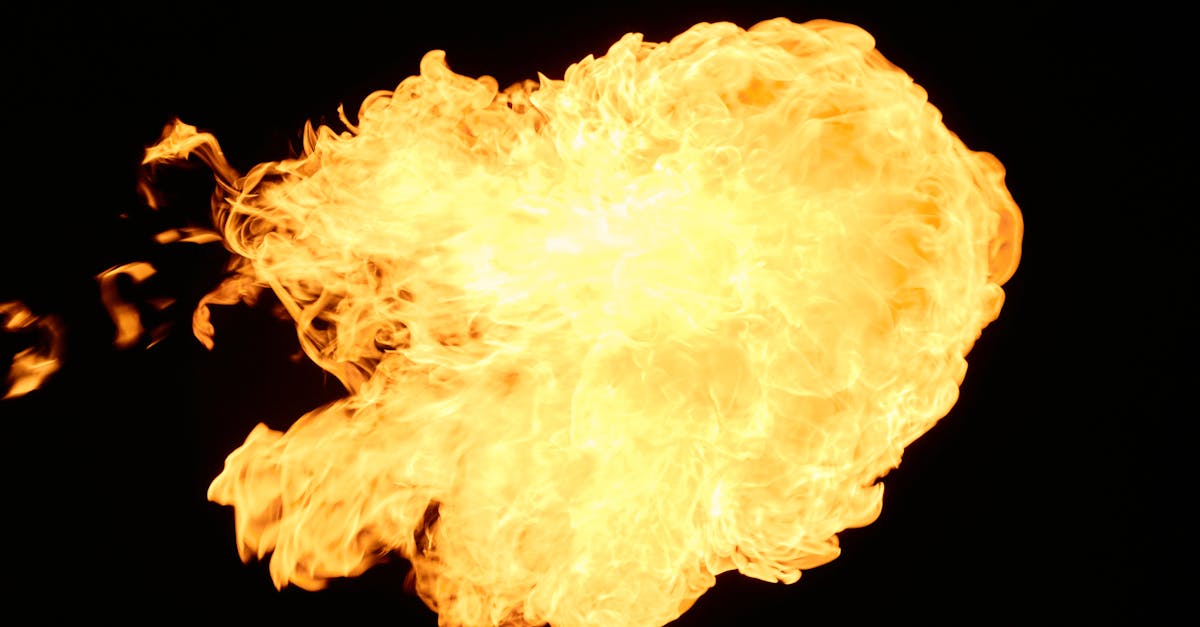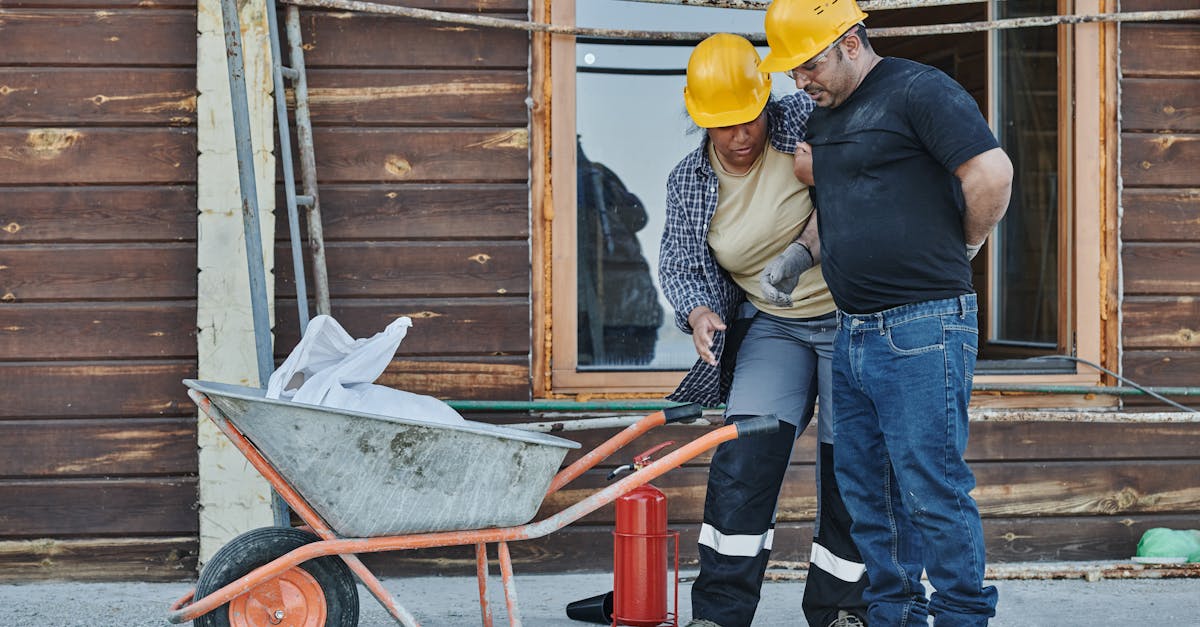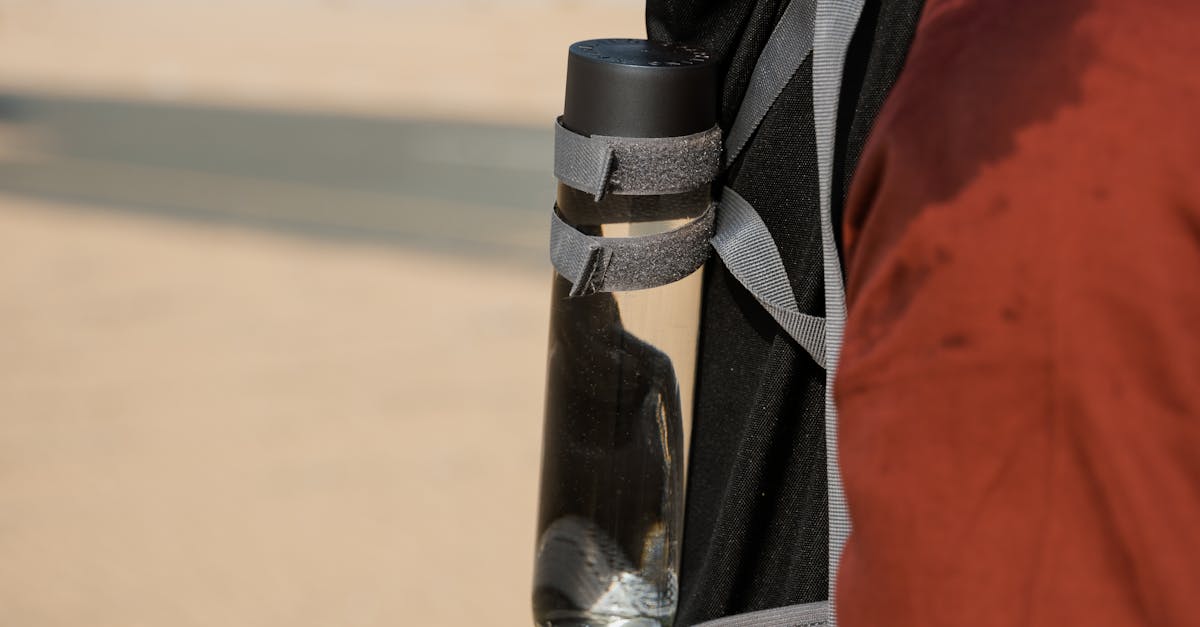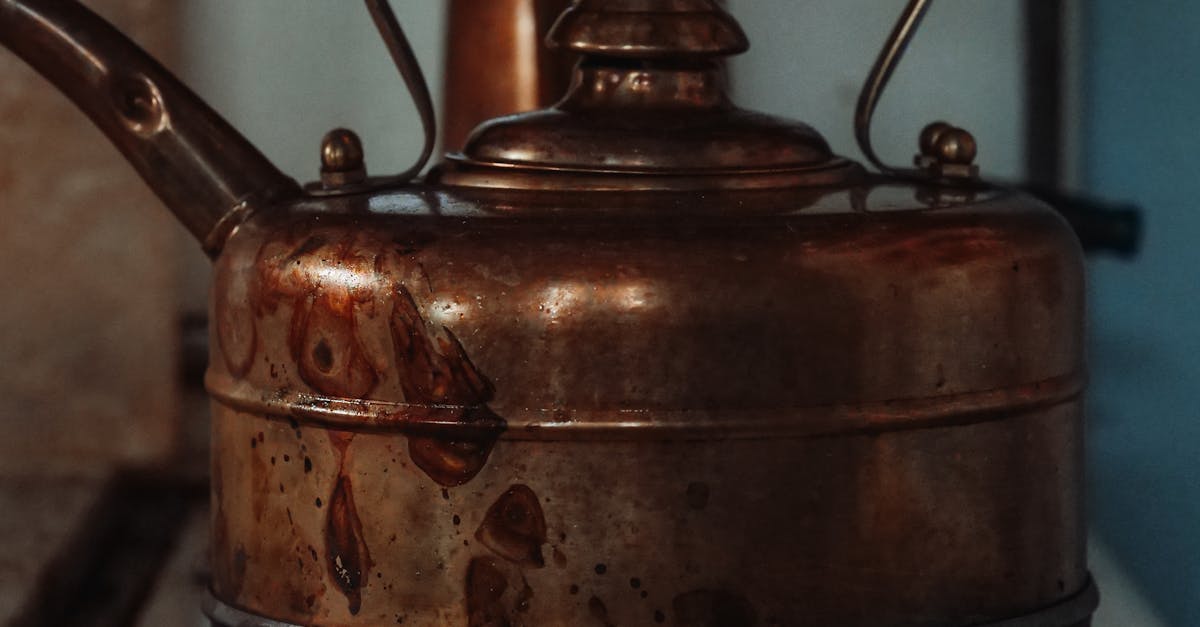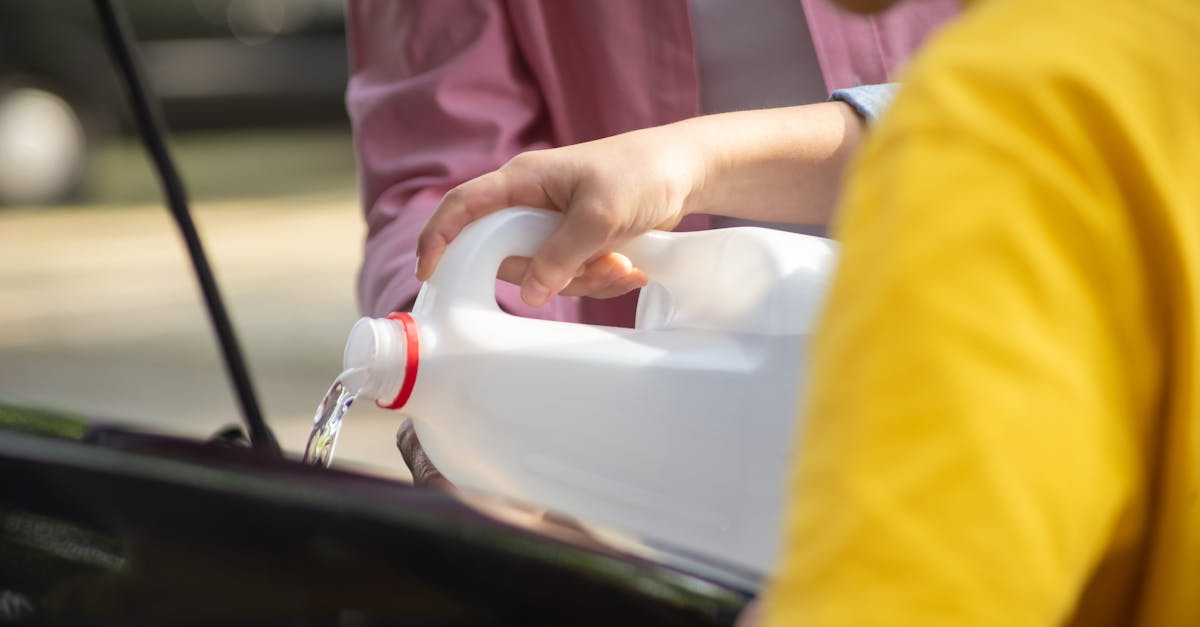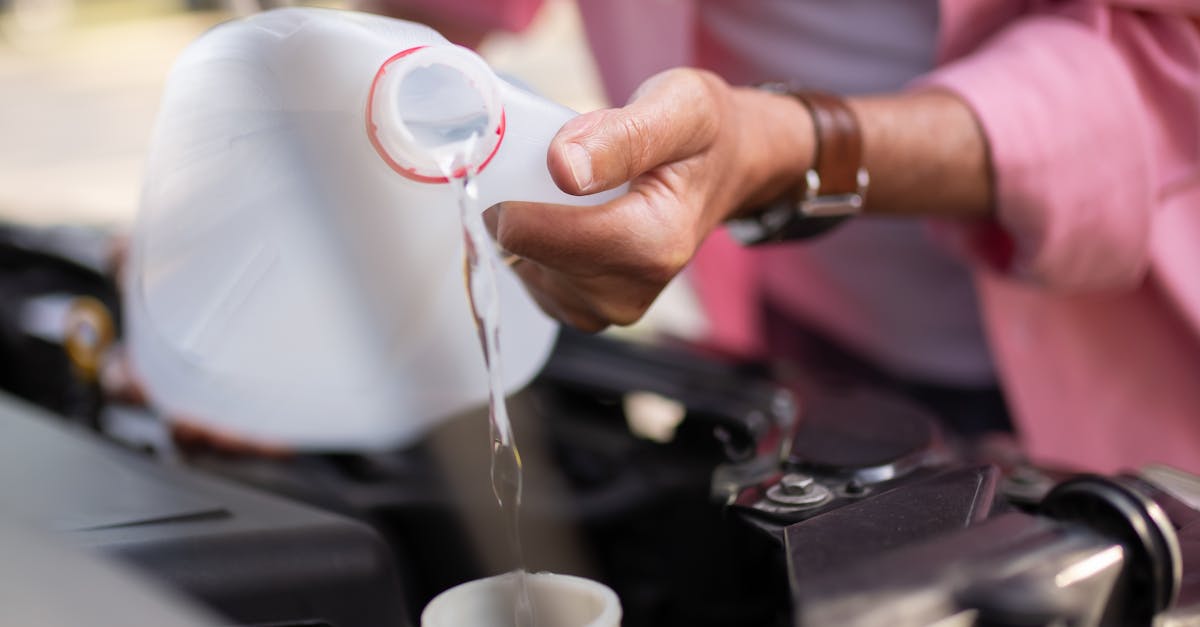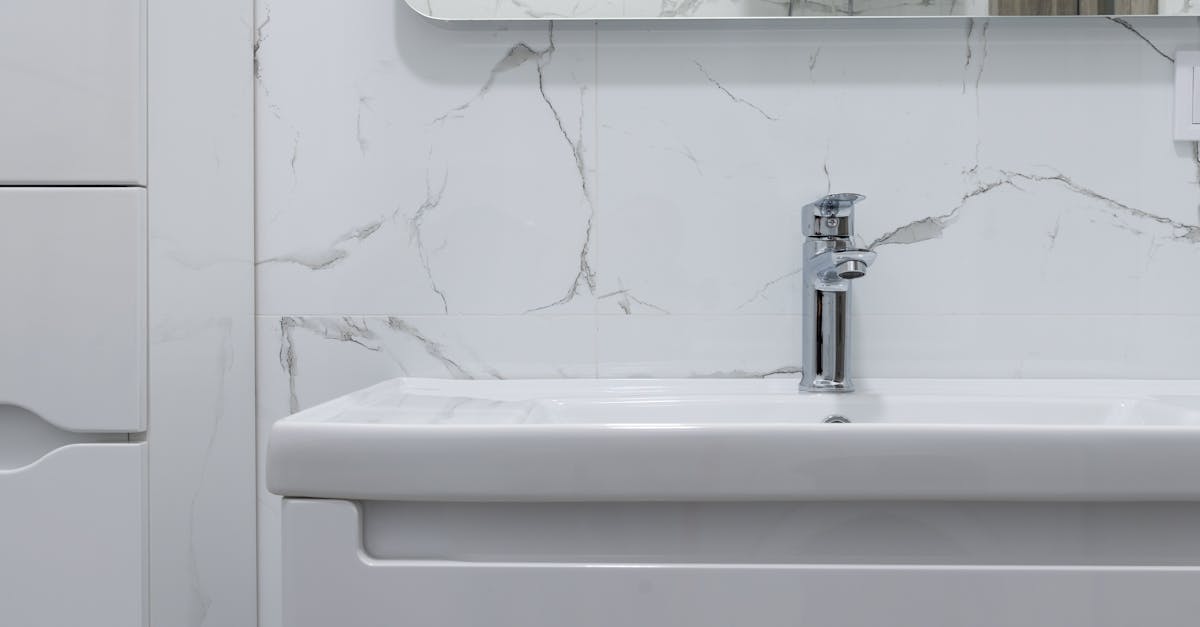
Table Of Contents
Evaluate the Pressure Relief Valve
The pressure relief valve is a critical component in hot water systems, designed to prevent excessive pressure build-up. When hot water ceases to flow, checking this valve is essential. If the valve is faulty or stuck, it may impede water flow, leading to an interruption in service. Regular inspection of the valve can help identify any issues before they escalate, saving time and money during emergency hot water repair.
To evaluate the functionality of the pressure relief valve, start by visually inspecting for any signs of leakage or corrosion. A functioning valve should not exhibit any rust or water dripping around it. If you suspect that the valve is defective, it is advisable to consult a qualified technician. They can test the valve's operation and recommend any necessary maintenance or replacement, ensuring that your hot water system operates efficiently.
Test Valve Functionality
Testing the functionality of the pressure relief valve is crucial for ensuring that your hot water system operates effectively. Begin by checking if the valve is functioning properly. This can be done by lifting the lever on the valve slightly. If water discharges from the valve, this indicates that it is working correctly. However, if nothing happens or the flow is minimal, there may be an issue that requires attention. Regular testing of the valve should be part of your maintenance routine to avoid situations that could lead to an emergency hot water repair.
If the valve does not seem to be operating as it should, it might be necessary to replace it to ensure safe operation of your hot water system. A faulty valve can lead to increased pressure build-up, which might result in leaks or even more severe issues down the line. Always consult a professional plumber for a thorough examination and to perform any repairs or replacements, particularly if you have a history of problems with your hot water system. Timely action can prevent a small issue from escalating into an emergency hot water repair scenario.
Look for Blockages in Pipes
When hot water ceases to flow, blockages in the pipes may be the underlying cause. These obstructions can occur due to accumulated debris, sediment buildup, or even pipe corrosion over time. Inspecting both the inlet and outlet pipes of your hot water system is essential. This examination can help identify not only visible blockages but also areas where water flow may be restricted, potentially leading to further issues if not addressed.
If you do find blockages, clearing them can often restore hot water flow. Simple cleaning methods can be applied in some cases, while others might require professional assistance. Engaging in an emergency hot water repair may be necessary if the blockage is severe or if extensive pipe damage is suspected. Regular maintenance and inspection can help prevent such blockages from occurring, ensuring your hot water system functions effectively.
Clear Any Obstructions
When faced with a lack of hot water, it’s crucial to inspect your plumbing for any blockages that could impede the flow. Check the pipes leading to your hot water system for signs of accumulation, such as sediment or mineral build-up. These obstructions can severely affect water pressure and temperature. A blockage may be especially likely in older systems, where corrosion can contribute to pipe deterioration.
If you identify any potential blockages, clearing them should be your next step. Use appropriate tools to remove debris or mineral deposits and restore the free flow of water. In some cases, professional assistance may be necessary, particularly if the obstruction is deep within the plumbing network. Such instances often warrant an emergency hot water repair to ensure your household's hot water supply is swiftly restored.
Examine the Hot Water System's Age
Age can significantly impact the efficiency and functionality of a hot water system. Systems generally have a lifespan of about 10 to 15 years, depending on the make and maintenance practices. Older systems may suffer from wear and tear, leading to a higher likelihood of breakdowns or decreased performance. If your hot water system is approaching this age threshold, it is essential to assess its condition thoroughly and consider potential issues that may arise.
In cases where the hot water system is ageing, it may not be worth investing in repairs, especially if persistent problems occur. Opting for an emergency hot water repair might provide a temporary fix but replacing an outdated system could save you from ongoing repair costs. Evaluating both your current situation and the system's overall condition will help you make an informed decision about whether to repair or replace it.
Determine If Replacement Is Necessary
Older hot water systems may struggle to maintain consistent performance, leading to the possibility of eventual breakdowns. Regular maintenance helps in prolonging their lifespan, but components wear down over time. If your system is over ten years old and frequently requires repairs, it might be time to consider a replacement. An aged system could exacerbate issues, causing inconvenience and increased costs in the long run.
Investing in a new hot water system can offer a number of benefits, including improved efficiency and reliability. Updated models often come with better technology that enhances energy efficiency, which can translate to savings on utility bills. When facing ongoing troubles with your hot water, consulting with a qualified technician for an assessment can help determine whether you should pursue an emergency hot water repair or proceed with a full system replacement.
FAQS
What are the first steps I should take if my hot water stops running?
Start by checking the pressure relief valve to ensure it is functioning correctly and not causing the issue. You should also inspect for any blockages in the pipes, as these can prevent hot water from flowing.
How can I test the functionality of the pressure relief valve?
To test the valve, lift the lever on the valve to release some water. If water flows freely and the valve closes properly, it is functioning as intended. If not, it may need to be repaired or replaced.
What should I do if I find blockages in the pipes?
Clear any obstructions you find in the pipes. This may involve removing sediment build-up or debris. You can use plumbing tools or consult a professional plumber if the blockage is severe.
How can I tell if my hot water system is too old?
Check the manufacturer's label for the age of the system. Generally, if your hot water system is over 10-15 years old, it may be worth considering a replacement, especially if you are experiencing consistent issues.
What signs indicate that I need to replace my hot water system?
Signs that suggest a replacement is necessary include frequent breakdowns, significant drops in water temperature, visible corrosion or leaks, and an age that exceeds the typical lifespan of the system.


